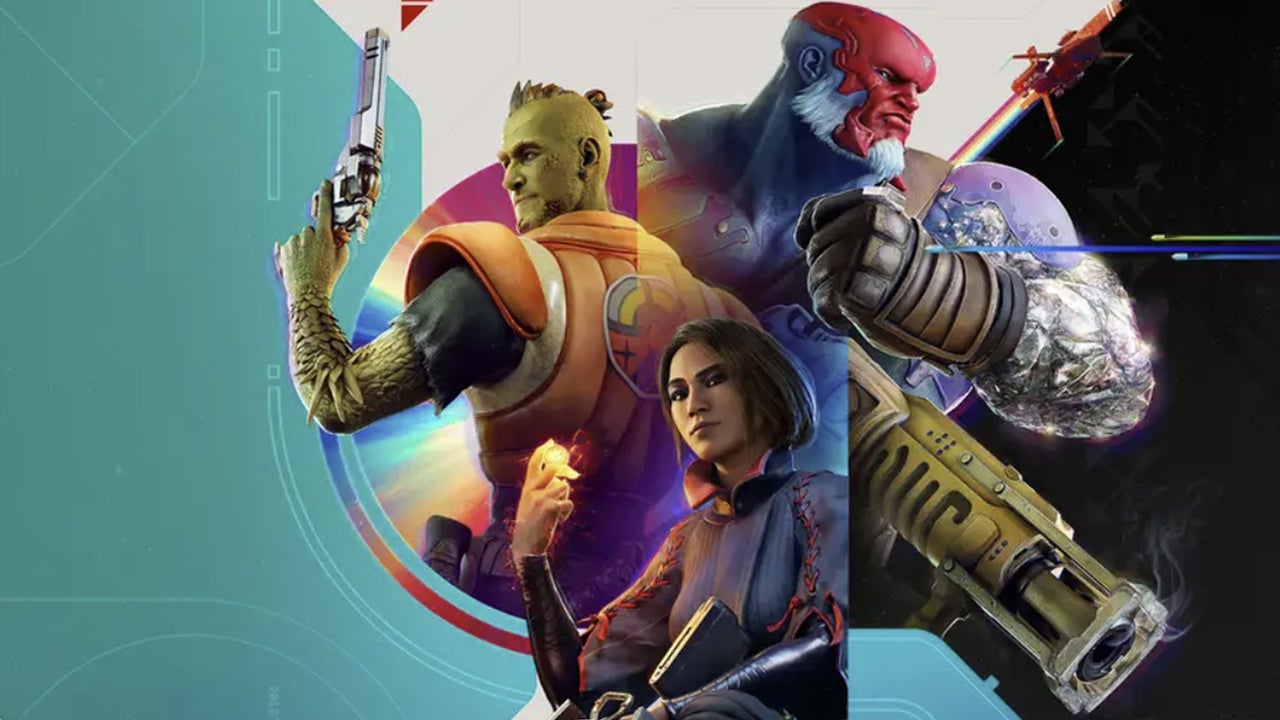PlayStation Concord and Neon Koi closure signals shift in Sony’s strategy
Sony has announced the closure of Firewalk Studios, the developer behind the recently discontinued PlayStation game Concord, and Neon Koi, a mobile game development studio. According to a statement by Hermen Hulst, CEO of PlayStation’s studio business group, both studios will cease operations permanently. The decision affects approximately 210 employees, marking another significant shift in Sony’s gaming strategy.
Sony’s message to staff: a tough decision to sunset Concord and close Firewalk Studios
In a statement addressed to PlayStation employees, Hulst acknowledged the difficult nature of the decision, explaining that the closures come after months of careful consideration. “We have spent considerable time these past few months exploring all our options,” Hulst noted. He expressed gratitude toward Firewalk Studios for its dedication and craftsmanship, emphasizing that the decision aims to “strengthen the organization” by reallocating resources more strategically.
Concord’s performance fails to meet expectations
Released on August 23 for both PlayStation 5 and PC, Concord was anticipated to be a significant live-service title for Sony. However, the game struggled post-launch, leading Sony to pull it offline on September 6. The game’s sales were reportedly disappointing, with estimates indicating fewer than 25,000 copies sold and a peak of only 697 concurrent players on Steam. In comparison, even The Lord of the Rings: Gollum managed to surpass Concord‘s launch metrics, underscoring the challenges the game faced in attracting a sustained player base.
Firewalk Studios closure part of a larger shift in Sony’s live-service goals
Despite Concord‘s closure, Sony remains committed to the live-service model, with Hulst emphasizing that lessons from the game’s struggles will inform future development efforts. “We will take the lessons learned from Concord and continue to advance our live service capabilities to deliver future growth in this area,” he stated. The focus on live-service games aligns with broader industry trends, yet Sony’s recent closures reflect the risks associated with high-stakes projects that fail to gain traction.
Neon Koi’s shutdown: mobile gaming remains a priority, but plans are refocused
In addition to Firewalk Studios, Sony is closing its mobile game developer Neon Koi, previously known as Savage Game Studios. Acquired by Sony in 2022, Neon Koi had been working on an unannounced triple-A mobile live-service action game. Hulst explained that the decision to close Neon Koi was not due to a shift away from mobile gaming but rather a reallocation of resources within the segment, which Sony still considers a “priority growth area.” The mobile game in development will not move forward, as Sony looks to refocus its mobile initiatives.
Potential opportunities for impacted developers within Sony’s network
Sony intends to support affected employees by exploring potential roles within its remaining studios, though the closures add to a growing list of layoffs within the gaming industry. Over the past couple of years, thousands of developers have faced similar challenges as studios restructure or downsize in response to shifting market demands. For some employees, opportunities may arise within Sony’s other projects, while others may have to seek roles elsewhere in the industry.
Implications for Sony’s future in live-service and mobile gaming
The decision to shutter Firewalk Studios and Neon Koi highlights Sony’s willingness to pivot and refine its strategy in live-service and mobile gaming. As the company reassesses its focus, its commitment to mobile and live-service gaming remains intact, but with a more targeted approach.



 Shiftdelete.net
Shiftdelete.net










